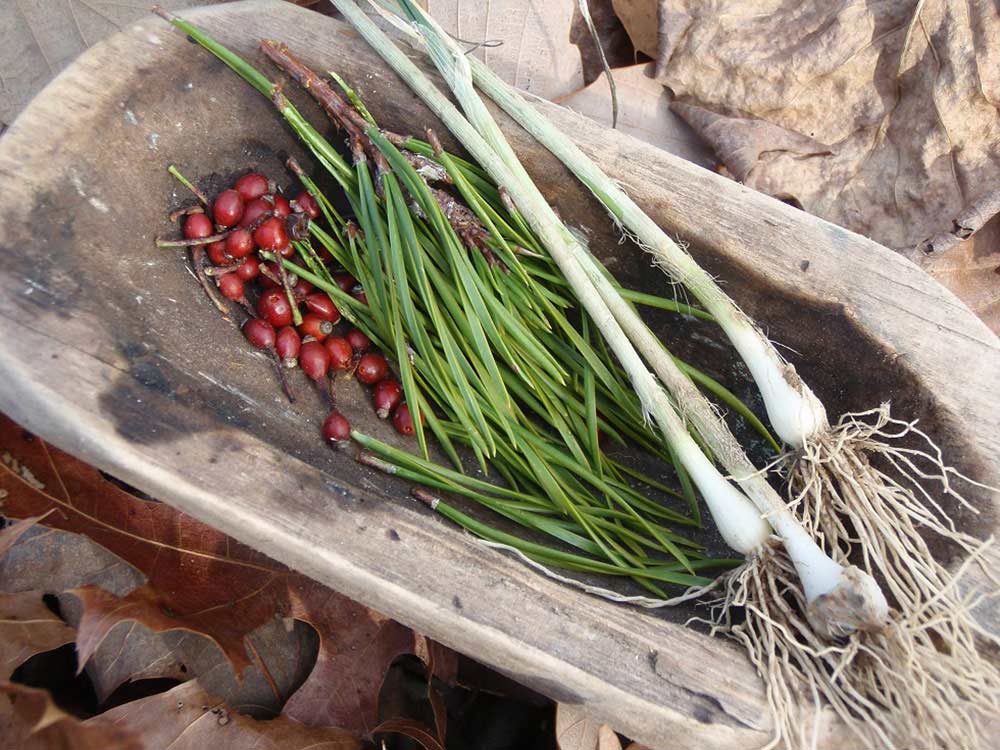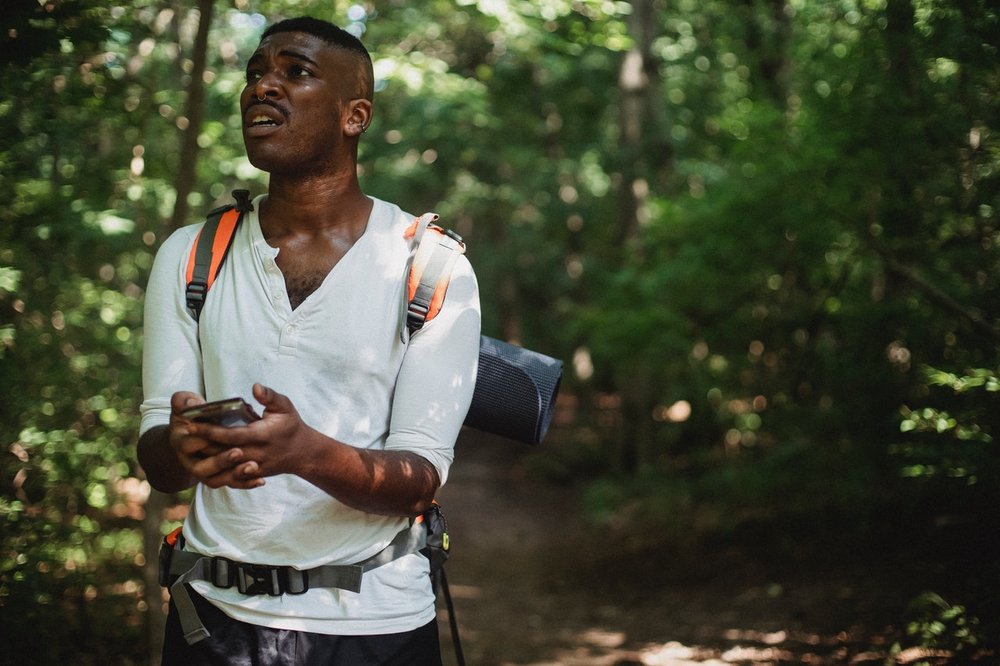
Prepare for SHTF. In the event of a disaster, it is important to have adequate supplies of food, water and weapons. However, you need to be aware where to avoid. You should avoid public spaces, malls, and other places that attract angry people. These areas are likely to see violence.
Stockpiling food
Storing food is an essential part of SHTF survival. You want your food to be fresh and easily accessible. There are many ways you can stockpile food. Bartering is another popular option. You may find that family members and friends are willing to trade food for your supplies. You should not only store food for bartering but also buy items that will help you locate water. In the event of a disaster, water can be a very valuable commodity.
A master list may exist of items that you want to keep on hand. You don't have to buy every item on the master list. You will need to determine what is essential for your family. You can always dehydrate food so that you can enjoy them later. This supply should also be considered to ensure that you have enough food for your family. You should know how much food you eat each day if you plan on stocking food for SHTF survival. It is also important to note any special dietary preferences you may have.

Water stocks
Water is one of SHTF survival's most vital resources. Yet, many people fail to properly stockpile it. Studies have shown that nearly half of American adults fail to store enough water to make it through the worst. While people may believe they can get clean drinking water from regular sources, in the event of a natural disaster, their water supply could be shut off completely or compromised. During a SHTF, you'll need to be prepared for a day without running water.
Water is important for drinking water, bathing, cooking, cleaning and even washing dishes. You can also keep cool in hot conditions by having water. Whether you have a rain barrel or a water back, water is a necessity for survival.
Stockpiling weapons
Before you start stockpiling weaponry, think about who will have them. If you are a solo survivor it might be difficult to trust anyone who has access to your arsenal. An inexperienced gunman can put a kink in your system, which could lead to serious injury or death. You can stockpile multiple guns if you're part of a group. This will help you transition to a new gun quickly and easily.
Choose a common caliber. For instance, if you're stockpiling handguns, you may want to buy 12 gauge ammunition. This caliber can be found in a wide range of handgun ammunition and is cheaper than other rounds. It also has a longer magazine capacity.

Stockpiling of TP
Stockpiling toilet papers is a smart idea to have on hand in case of a SHTF, or any other disaster. You should store it in a waterproof and airtight container. You can also use storage bins or regular plastic containers. If you are storing the TP in a plastic container, make sure that the packaging is still intact. It also helps to line the storage bin with heavy-duty garbage bags to protect it from moisture. A desiccant can be added to the container, and sealed with ducttape. You can also store the TP in large plastic containers or barrels.
Toilet paper is an essential necessity that every person should have. However, it can be costly. You can stock up on toilet paper now to be prepared for any emergency. You should also learn about other types of TP to be able to use them in the event that your stockpile is destroyed by flood or fire.
Stockpiling chaos coffee
Coffee is one of the most valuable things you can keep in your stockpile. It's a great way of starting the day and can keep you awake through the dark winter months. You have two options depending on how high you prefer your coffee to be: you can make instant coffee or a regular cup. For those who want to save money and still get the best tasting coffee, the latter is the best choice.
FAQ
What are the fundamental skills required to survive in survivalist camping and how can you practice them?
You should prepare for every eventuality when embarking on an adventure journey. Learn how to survive in extreme environments.
Also, you must be prepared for any kind of weather, including hot sun or cold wind. These precautions could lead to your death.
How do you choose the best knife to suit your needs?
It's not easy to pick the right knife. There are many brands that claim their knives to be the best.
But which one is truly the best? How do you choose?
First, you must consider what kind of tasks you plan to perform with your knife.
Do you have the ability to cut wood or skin animals?
Is the knife meant for hunting or fishing? Is it intended for camping cooking, or kitchen cutting?
Will you be using it to open cans or bottles? What about opening boxes and packages?
Are you able to carry heavy loads with your knife?
What about cleaning it after every use? How often are you going to wash it?
Do they need to maintain their edge for a long time?
Which is the most critical item for survival
Food is the most vital thing for survival. Shelter from the elements is also important, but they are less essential than food. You won't live long if you don't eat.
Why you should know basic survival skills?
You may not always have access to food and water, but if you're prepared for an emergency situation, then you'll survive much longer.
You have to learn how take care of yourself, and others. You won't survive in a crisis if this is not something you know.
If you are going into the wilderness and need to stay alive, then you need to learn how to build shelters, make fires and find food.
These are vital skills that everyone must have. These skills will help you stay safe and healthy during a camping trip.
Statistics
- In November of 1755, an earthquake with an estimated magnitude of 6.0 and a maximum intensity of VIII occurred about 50 miles northeast of Boston, Massachusetts. (usgs.gov)
- The Dyrt PRO gives 40% campground discounts across the country (thedyrt.com)
- Not only does it kill up to 99.9% of all waterborne bacteria and parasites, but it will filter up to 1,000 liters of water without the use of chemicals. (hiconsumption.com)
- The downside to this type of shelter is that it does not generally offer 360 degrees of protection and unless you are diligent in your build or have some kind of tarp or trash bags, it will likely not be very resistant to water. (hiconsumption.com)
External Links
How To
How do you dress a wound?
Learning how to treat a wound takes time. Basic knowledge such as anatomy and physiology are essential. It is possible to injure yourself if you don’t have enough experience dressing wounds. You can dress a cut or wound by following these steps.
-
Make sure to clean the wound well. Make sure you don't leave any dirt or foreign items in your wound. Wrap the gauze around the wound after cleaning it. Wash your hands thoroughly with warm water before you touch the wound.
-
Press down. Put two fingers under the skin at the edge of the wound. Use your fingertips to press down gently, but firmly. This step stops bleeding.
-
Be sure to cover the wound. Cover the wound with sterile bandage material. You can use nonwoven fabric or adhesive strips to cover the wound with sterile bands. Keep pressing down until the wound heals completely.
-
Monitor the wound after treatment. Watch for signs of infection, including redness, swelling, pus, fever, and pain. These signs are indicators that the wound may have become infected. Get to your doctor right away.
-
Regularly remove the bandage. You should change the bandage daily or whenever there is a sign of infection.
-
Wash the wound area with soap and warm water. Follow the instructions. Do not use alcohol. It may dry out the wound.
-
Avoid scratching the area. The wound will bleed again if it is scratched.
-
Take care when you are bathing. The risk of contracting an infection by bathing is higher.
-
You must take care of your wounds all the time. Your body temperature will increase as you recover from surgery. High temperatures can cause complications. It is important to keep the wound dry and cool.
-
Seek medical attention if you are in pain. If you feel uncomfortable, dial 911 or visit the nearest emergency room.